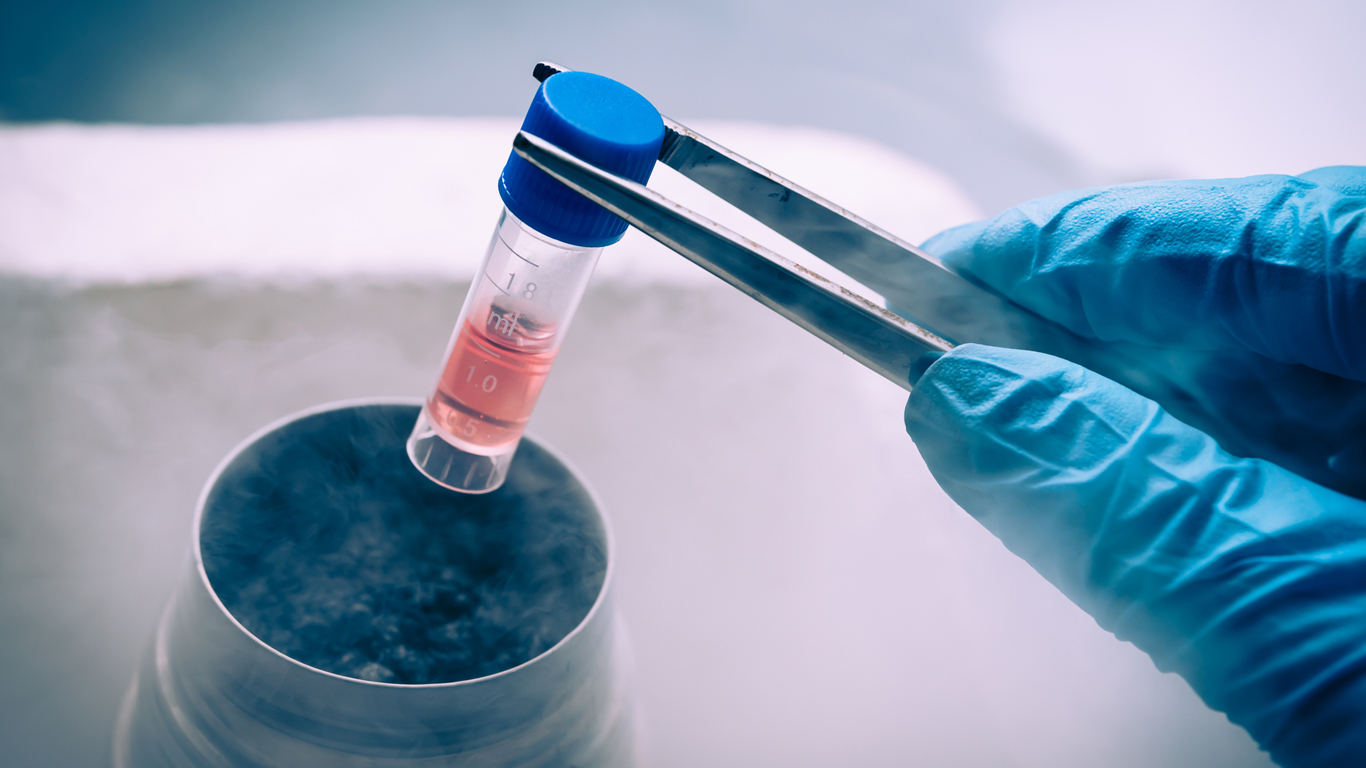Taking care of your manhood
We're here for you
Stem cell therapy is a type of regenerative medicine that uses stem cells to treat or prevent diseases. Stem cells are undifferentiated cells that have the potential to develop into any type of cell in the body. They can be found in many tissues, including bone marrow, umbilical cord blood, and fat.
Stem cell research has garnered significant attention and holds great potential for medical applications due to their unique properties.

What are Stem Cells?
Stem cells are undifferentiated cells that have the remarkable ability to develop into various specialized cell types in the body. They serve as the building blocks for the growth, repair, and regeneration of tissues and organs.
Importance of stem cells in body?
Stem cells are important for many reasons. They help the body to repair damaged tissues and organs. They also help the body to grow and develop. Stem cells are important for several reasons:
Regenerative Potential: Stem cells possess the unique ability to self-renew and differentiate into specialized cell types. This regenerative potential makes them crucial for the growth, development, and repair of tissues and organs in the body. They play a fundamental role in maintaining the body's integrity and function.
Understanding Development and Disease: Studying stem cells provides valuable insights into the processes of embryonic development and cell differentiation. By investigating how stem cells differentiate into specific cell types, scientists can better understand the mechanisms behind various diseases and disorders. This knowledge can lead to the development of new therapies and treatments.
Disease Modeling and Drug Testing: Stem cells can be used to generate disease-specific cell lines, enabling researchers to study diseases in a laboratory setting. These stem cell-derived models provide a valuable platform for investigating disease mechanisms, testing potential drugs or therapies, and screening for adverse effects before clinical trials.
Personalized Medicine: Stem cells hold the potential for personalized medicine approaches. By deriving patient-specific stem cells, scientists can create models to study individual diseases and develop personalized treatment strategies. This could lead to more effective and targeted therapies tailored to a patient's specific needs.
Tissue and Organ Replacement: The shortage of donor organs for transplantation is a major issue in healthcare. Stem cells offer the potential to overcome this limitation by generating functional tissues or organs in the laboratory. This field of tissue engineering holds promise for providing replacement organs, reducing waiting lists, and improving the success rates of transplants.
Drug Discovery and Screening: Stem cells can be used in the early stages of drug discovery to screen and test potential therapeutic compounds. By using stem cell-derived models, researchers can identify drug candidates, evaluate their efficacy, and assess their safety profiles before moving on to animal and human trials. This can streamline the drug development process and reduce costs.

Benefits
Stem cell-based therapies have the potential to treat a wide range of diseases and conditions. Some of the diseases that are being investigated for potential stem cell-based cures include:
- Leukemia
- Lymphoma
- Parkinson's disease
- Alzheimer's disease
- Huntington's disease
- Amyotrophic lateral sclerosis (ALS)
- Heart disease
- Diabetes
- Osteoarthritis
- Rheumatoid arthritis
- Multiple sclerosis
- Spinal cord injuries
- Muscular dystrophy
- Sickle cell disease
- Cystic fibrosis
- Age-related macular degeneration
- Retinitis pigmentosa
How does stem cell therapy work?
Stem cell therapy can be used to treat a variety of conditions in a number of ways.
Autologous stem cell therapy: Autologous stem cell therapy uses the patient's own stem cells. The stem cells are collected from the patient's bone marrow, umbilical cord blood, or fat. The stem cells are then processed and re-injected into the patient.
Allogeneic stem cell therapy: Allogeneic stem cell therapy uses stem cells from a donor. The donor's stem cells are matched to the patient's HLA (human leukocyte antigen) type. This ensures that the donor's stem cells will not be rejected by the patient's immune system.
Induced pluripotent stem cell (IPS) therapy: IPS therapy uses adult cells to create pluripotent stem cells. The adult cells are reprogrammed to become pluripotent using a combination of genes and proteins.
Schedule a Consultation
Take the first step towards improving your reproductive and sexual health by scheduling a consultation with our expert andrologists. Contact us today to book an appointment

Restore-Rejuvenate-Rejoice
Welcome to Dermamax Medical Center, the best plastic and cosmetics Surgery center in Dubai, for a wide range of Aesthetic or Plastic Surgery, Homecare, Traditional Chinese medicine, Dental or any labs services.
